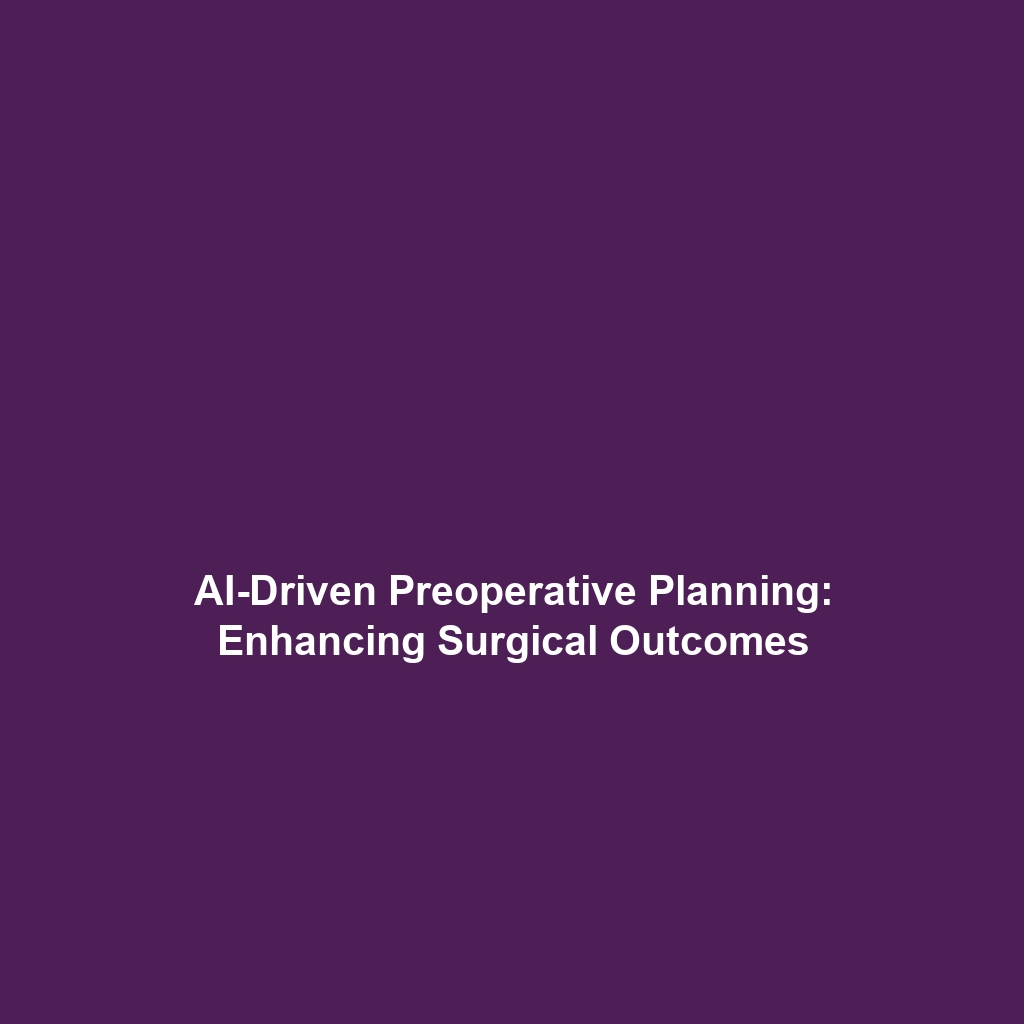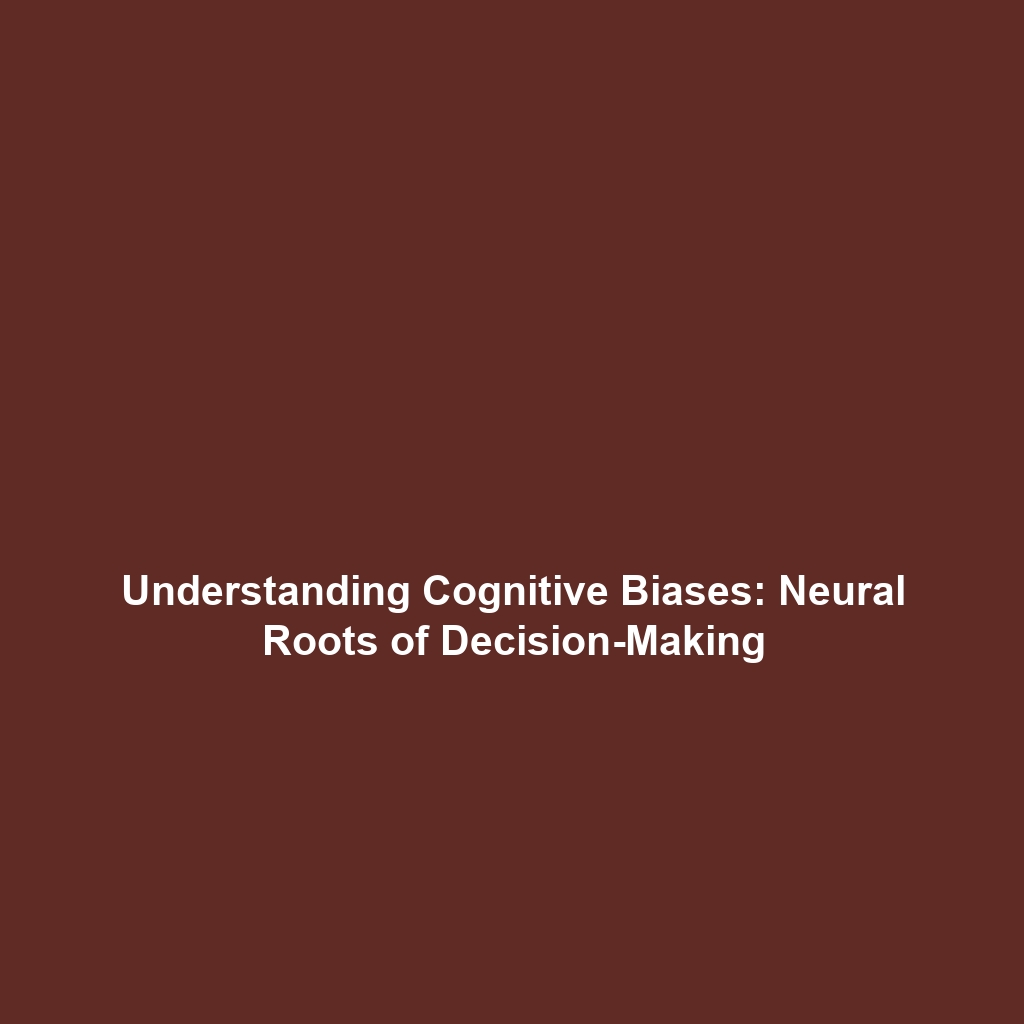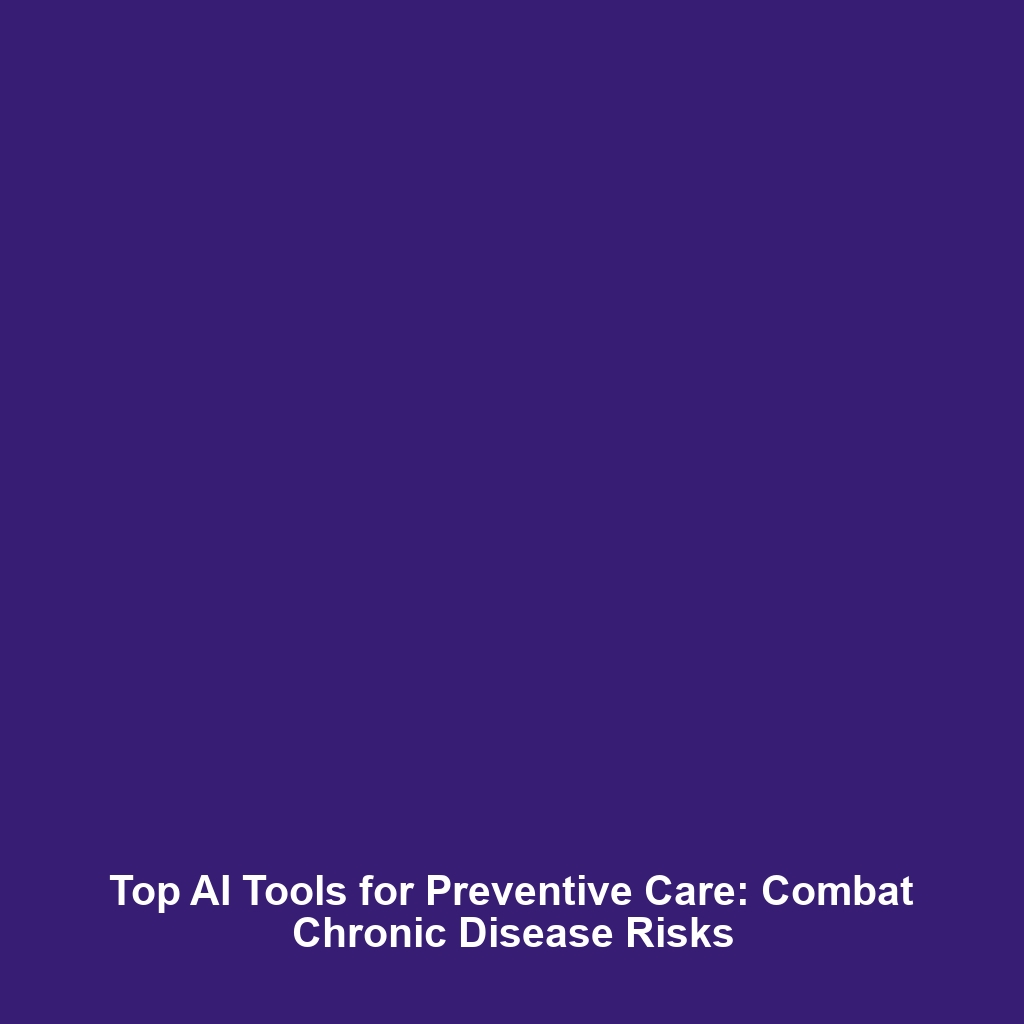AI for Preoperative Planning: Improving Outcomes Through AI Analysis
Introduction
In recent years, the integration of AI in Healthcare has revolutionized various medical practices, particularly in preoperative planning. By leveraging advanced AI analysis techniques, healthcare professionals can enhance surgical outcomes and optimize patient safety. This technology not only streamlines the decision-making process but also provides comprehensive insights into patient data, making it a crucial element for modern surgical procedures. In this article, we will explore the significance of AI for preoperative planning and how it contributes to improved patient outcomes and operational efficiency in healthcare.
Key Concepts
Understanding AI in Preoperative Planning
The primary concept behind AI for Preoperative Planning involves the collection and analysis of vast amounts of patient data, including imaging results, medical histories, and other relevant clinical information. AI algorithms utilize this data to assist surgeons in creating tailored surgical strategies. Key principles include:
- Data Integration: Combining diverse patient data sources to form a holistic view.
- Predictive Analytics: Using historical data to forecast potential surgical complications.
- Computer Vision: Employing AI-driven imaging tools for accurate anatomical assessments.
As part of the broader category of AI in Healthcare, these concepts highlight the transformative potential of AI technologies in surgical contexts.
Applications and Real-World Uses
The applications of AI for Preoperative Planning are becoming increasingly prevalent across healthcare settings. Here are some critical examples:
- Enhanced Surgical Simulation: AI tools allow for virtual simulations of surgical procedures, preparing surgeons for real-life operations.
- Risk Stratification: AI assists in identifying high-risk patients by analyzing historical outcomes data.
- Personalized Treatment Plans: Utilizing algorithms to recommend individualized surgical approaches based on comprehensive patient assessments.
These examples illustrate how AI analysis enhances preoperative workflow and improves patient outcomes within AI in Healthcare.
Current Challenges
Despite the potential, there are several challenges of AI for Preoperative Planning that need addressing:
- Data Privacy Concerns: Ensuring the confidentiality of sensitive patient information.
- Integration with Existing Systems: Challenges in incorporating AI tools into traditional healthcare workflows.
- Algorithm Bias: The risk of biased outcomes resulting from non-representative training data.
- Regulatory Hurdles: Navigating the complex landscape of healthcare regulations concerning AI applications.
These issues must be tackled to maximize the efficacy of AI technology in surgical planning and patient care.
Future Research and Innovations
Future research in AI for Preoperative Planning promises breakthroughs that will further optimize surgical operations. Key areas of focus include:
- Next-Gen AI Algorithms: Development of more sophisticated AI models for predictive analytics.
- Integrative Health Platforms: Creating systems that unify data from various sources for comprehensive analysis.
- User-Centric Design: Enhancing the usability of AI tools for healthcare professionals during preoperative stages.
These innovations will likely improve the accuracy and efficiency of preoperative planning processes in the healthcare sector.
Conclusion
In summary, AI for Preoperative Planning plays a pivotal role in advancing outcomes within the realm of AI in Healthcare. By providing critical insights and data-driven recommendations, AI enhances surgical decision-making and patient safety. Continued research and innovation in this field are essential for overcoming existing challenges and realizing the full potential of AI technology. For further reading on AI in healthcare and its implications on surgical practices, explore our related articles on AI Innovations in Surgery and Ethical Considerations in AI Healthcare Technology.



